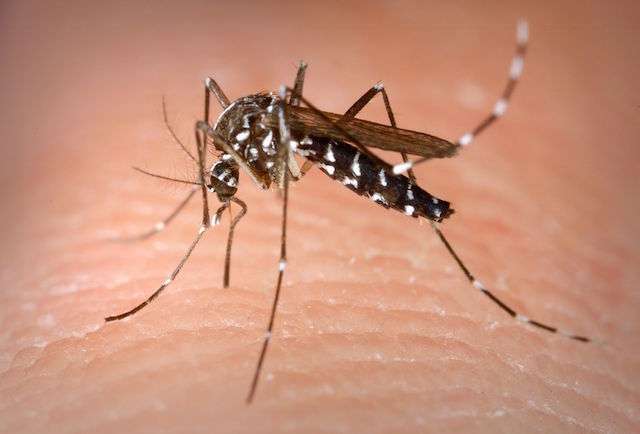'More Reliable' New Form of Digital Analysis May Help to Eliminate Animal Testing
The FDA and the EPA are currently performing formal evaluations on the process - and if approved, it could seriously cut down on animal testing.

An exciting new trial experiment from Australia has successfully eliminated 80% of a disease-carrying mosquito population.
The Aedes aegypti species of mosquito has been called the most dangerous, invasive pest in the world. The Aegypti, along with two other species, are responsible for 17% of the world's infectious disease transmissions globally, the most recent outbreaks including dengue and Zika.
So as a means of wiping out the perilous bugs, scientists in North Queensland reared millions of male Aegypti mosquitos that were infected with a bacteria that would make them sterile. The researchers then released these mosquitos across three towns on Cassowary Coast.
The male mosquitos could not bite or spread disease - but when they mated with wild females, the eggs wouldn't hatch and the population took a massive dive.
The experiment, which was conducted with the help of Verlily, an affiliate of Google's Alphabet Inc., is part of their Debug project: an initiative that is dedicated to wiping out disease-carrying mosquitos in a sustainable, eco-friendly way.
While this sort of technique may seem to have disastrous ecological implications, the researchers are quick to mention that the Aegypti mosquito is a horribly invasive species that is native to Africa.
"The main ecological impact would be to restore the ecosystem to how it was before the mosquitoes invaded," says the Verily website.
The team also says that the "Sterile Insect Technique" has been around since the 1950's - but wielding it against mosquitos has proven difficult without the ability to rear and raise large amounts of male mosquitos.
Now, they hope to continue their experiments so that they can prevent millions of diseases and infections in the future and bring balance to worldwide ecosystems.
"We learned a lot from collaborating on this first tropical trial and we're excited to see how this approach might be applied in other regions where Aedes aegypti poses a threat to life and health," Kyran Staunton from James Cook University said in a statement.
Be Sure And Share The Buzz-Worthy News With Your Friends
Be the first to comment